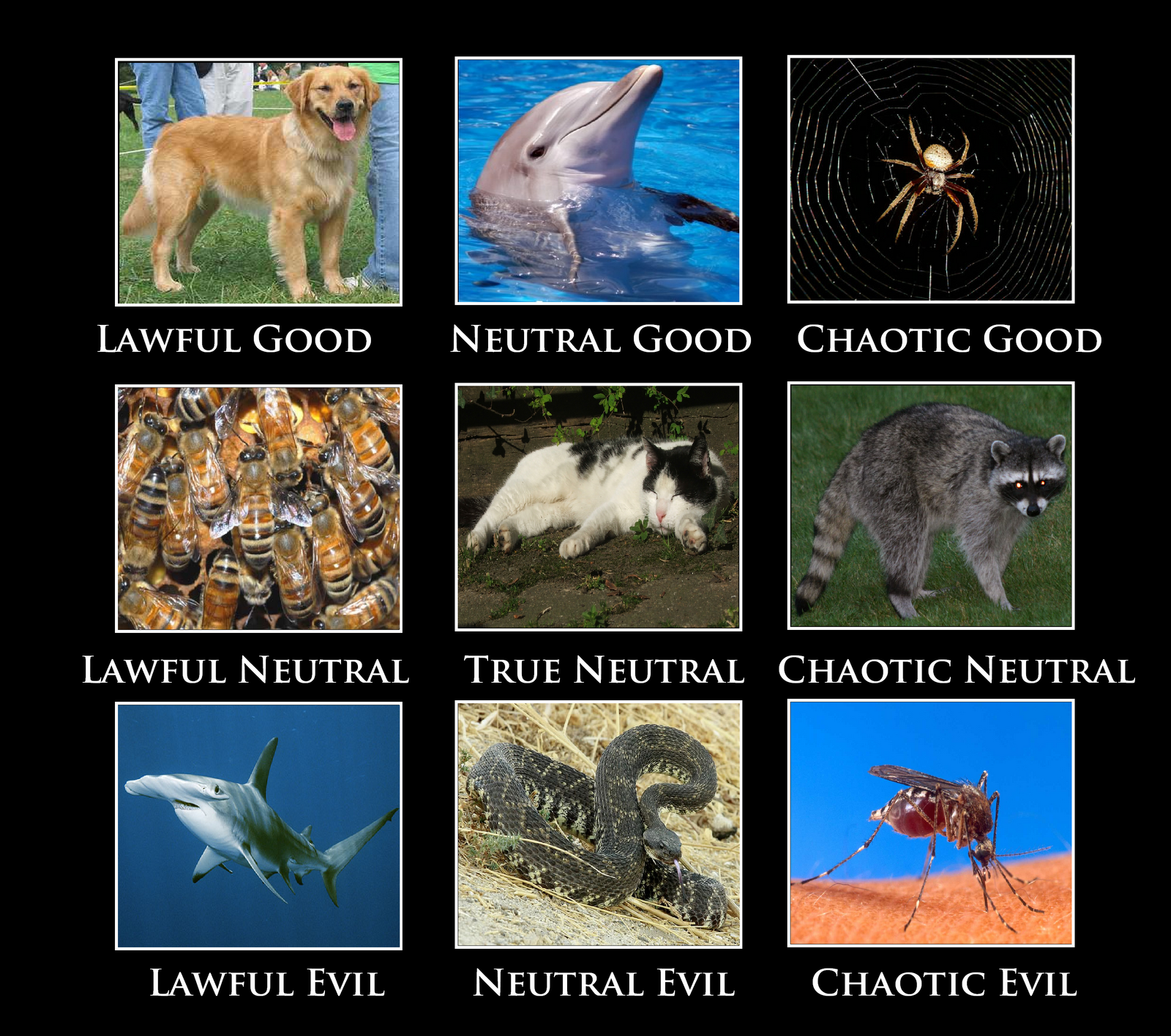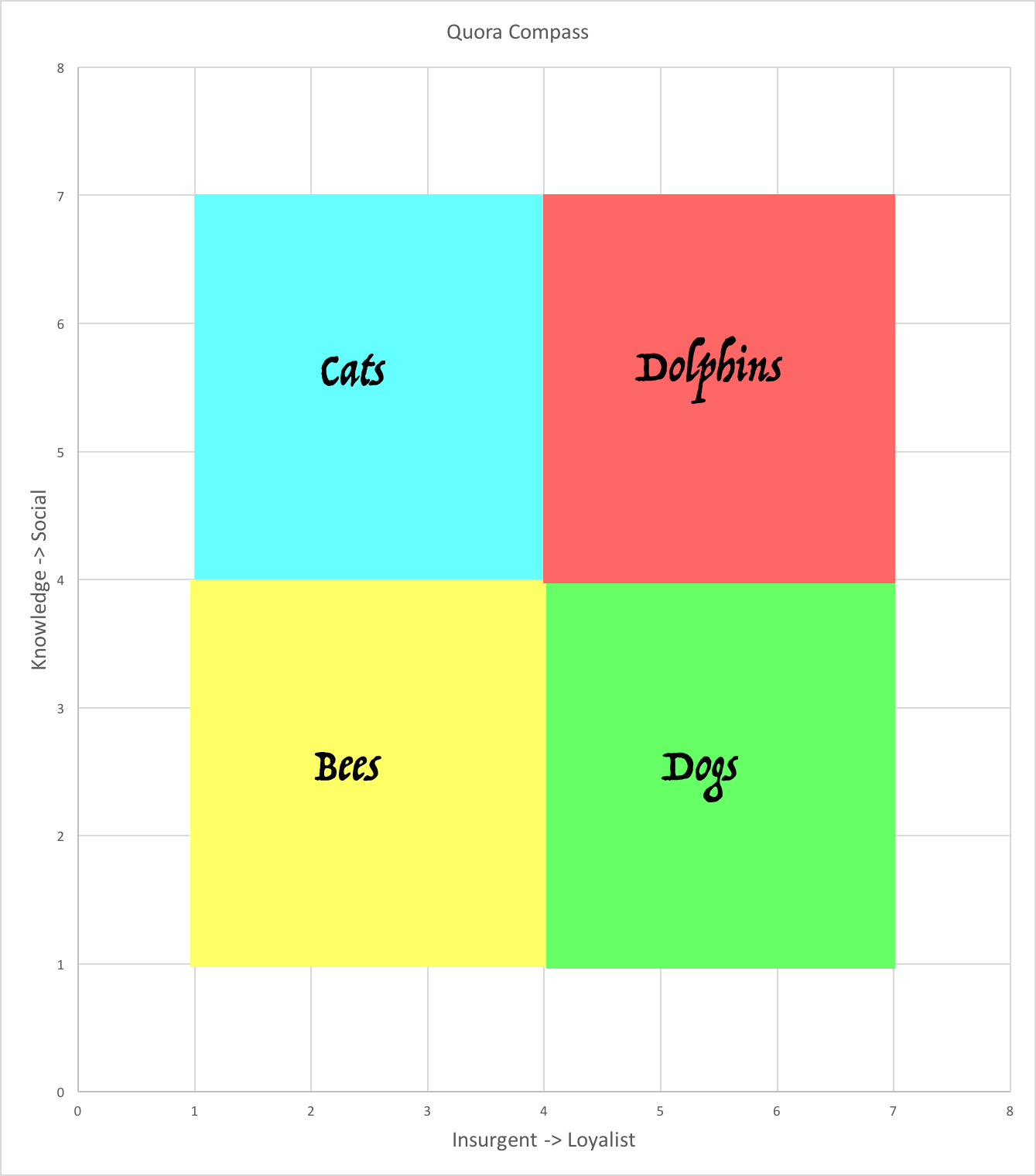I deeply love this question. Because I get to talk about me.
There are three kinds of thing I write about on Quora.
- Linguistics and history that I actually know stuff about, with a particular focus on Greek.
- General humanities and culture questions, where I like to indulge in informed speculation.
- Quora community, which is what I suspect I am most widely known for nowadays.
I am a polarizing figure, and I believe I am more polarizing in Quora community questions than in the other two areas. I have been blocked by two posters on things Greek, and I am frenemies with another such poster. I have gotten very little push back on things cultural, although I deserve more because what I say can be very speculative. But I do make a point of avoiding most controversies.
I suspect, with my blogs and with Scott Welch’s recent bout of discretion, that I am the most visible critic of Quora here. I could be wrong. In fact, I hope I’m wrong. As a result, a few users have chided me, mostly privately, when they have thought I was getting too unhinged. But I have to say, I considered most of those users as friends beforehand, and continue to do so afterwards.
One user has blocked me, as a direct result of my criticisms. I suspect a greater number of users find me annoying, unhelpful, or treasonous. But I actually have very little evidence of that. I have had no communication about anything from Mountain View, despite a few requests for feedback.
So much for the negative. There has also been some positive feedback, I dare say, even beyond those I have come to regard as friends here.
Those that can understand my technical answers seem to appreciate them, and I think I am accepted by them as a scholar. The ones I know to be scholars have pretty much said so. My more general answers, including those speculative humanities answers, are on the whole more popular, because they are more general.
I think people find me insightful. I think people find me an amusing, if atrocious illustrator (Gallery of Awesomery). And I know that people find me a good writer. In fact, I long for advice on how to be a better writer, which is why I seem to spend most of my day lately in Facebook Chat with Jennifer Edeburn.
I have heard rumours that in some of the more insalubrious back alleys of Quora, my Insurgent activities have made me something of a folk hero. I find that somewhat embarrassing, and somewhat more concerning: I did not join Quora, after all, to find an outlet for my dudgeon. But, thanks guys… I guess…?









